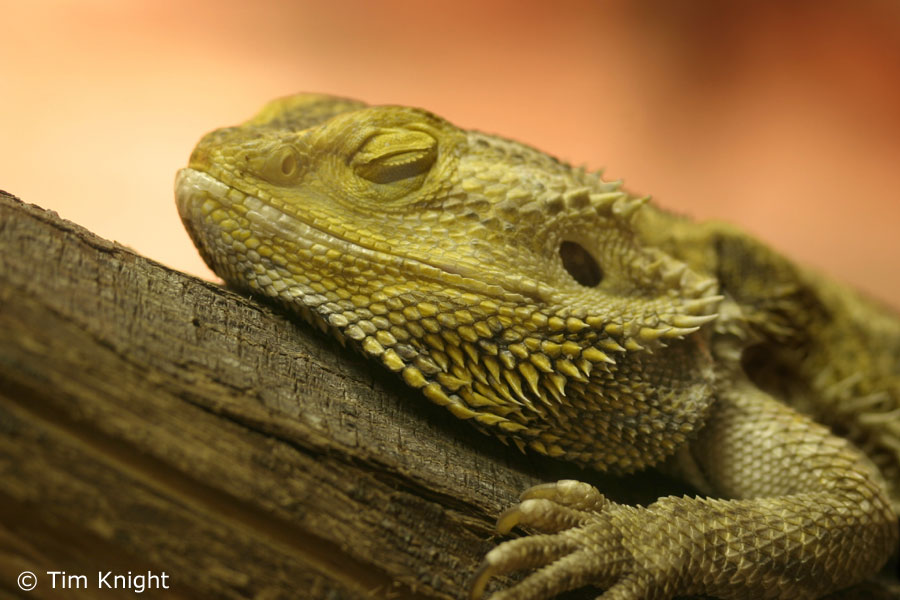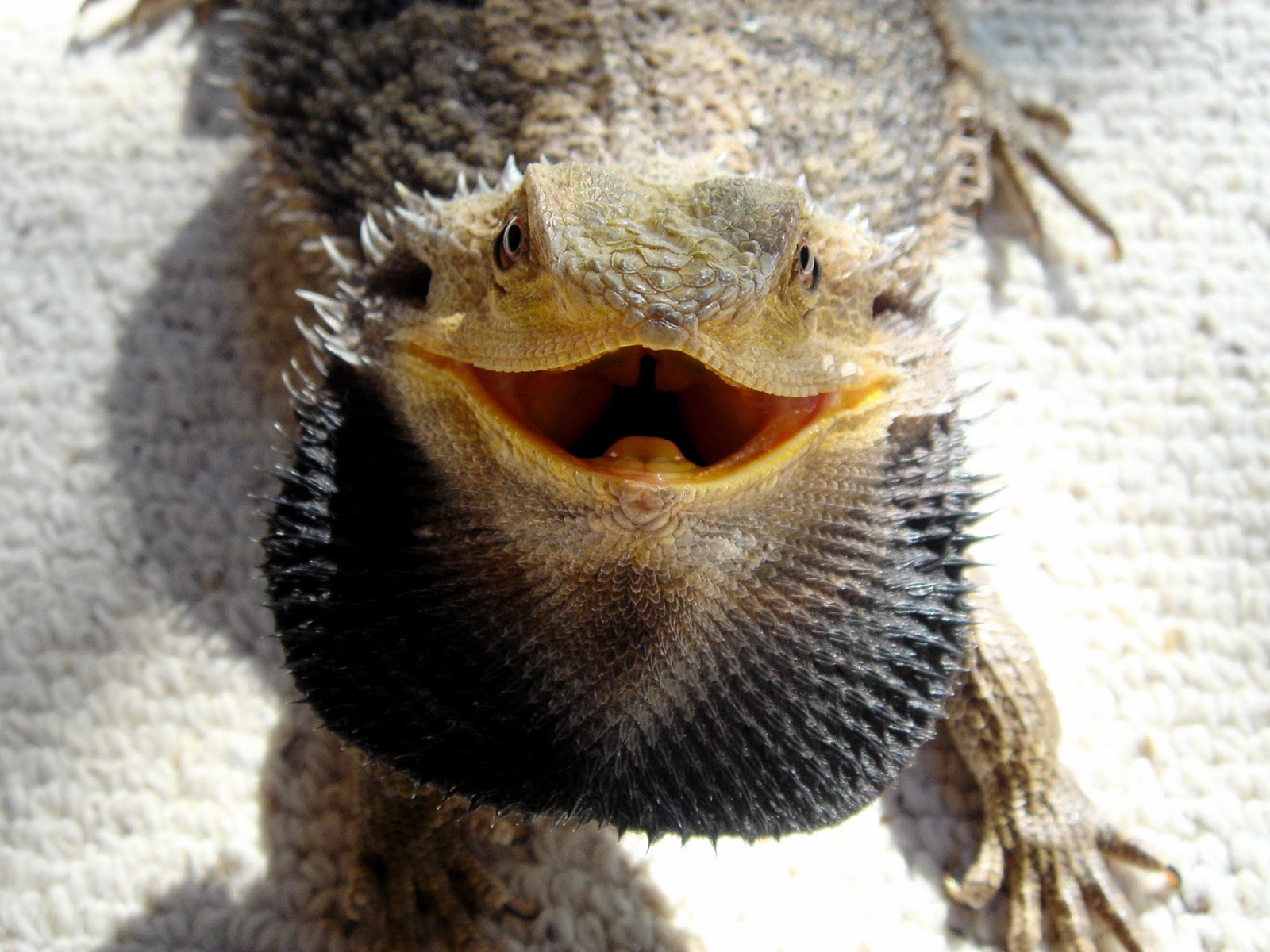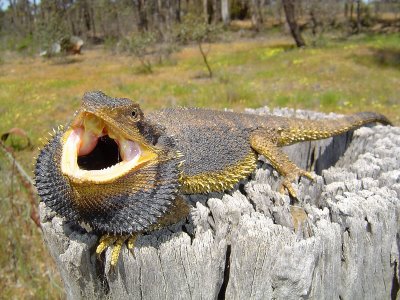Why is My Bearded Dragon's Throat Turning Black? Understanding the Causes and Solutions
Introduction: Understanding the Bearded Dragon
Bearded dragons are friendly and easy-going reptiles that are commonly kept as pets. They are known for their unique appearance, with a distinctive beard-like puff of skin under their chin, and their gentle temperament. However, they can develop health issues, such as blackening of the throat area. This blog post will focus on why a bearded dragon’s throat might turn black and what owners can do to prevent and treat this condition.

What is a Bearded Dragon’s Throat?
When it comes to bearded dragons, their throat is also known as the ‘beard.’ This term is derived from the puff of skin that these reptiles have under their chin. This skin puff can become black in color, and that is when owners get worried.
What Does a Black Throat Mean in a Bearded Dragon?
A black or darkened throat in a bearded dragon can be a sign of various health issues. A few possible causes include:
- Stress
- Throat injury
- Infection
- Liver disease
- Kidney disease
- Metabolic bone disease
Reasons Why Your Bearded Dragon’s Throat May Turn Black
Stress
Bearded dragons can get stressed very easily. In fact, they can experience stress from something as simple as a change in their environment. This can cause them to darken their throat area, among other symptoms such as bowel trouble, lethargy, and aggression. To prevent this, it’s essential to keep their living space calm and stable. Do not make any major changes suddenly, but instead gradually introduce new items.

Throat injury
Bearded dragons are very playful, and they may accidentally hurt themselves while playing, the result of which can be a blackened beard. This can also occur due to biting a food item or object that is too big for them. It’s best to keep their terrarium clean and free from sharp objects to avoid throat injuries. If you notice your bearded dragon has an injury, seek veterinary care immediately.

Infection
Infections can cause blackening of the throat area in bearded dragons. This could be an abscess, viral, fungal, or bacterial infection. It’s essential to monitor your pet closely for any changes in their behavior or appetite, and look out for any lumps under the throat. If you spot anything unusual, take your bearded dragon to a vet immediately.

Digestive problems
Bearded dragons can also develop digestive problems that can lead to a black belly and throat. These symptoms are usually caused by constipation, impaction, or other gut problems. To avoid digestive issues, ensure to provide your pet with a healthy, balanced diet and plenty of water. It’s also essential to maintain their habitat clean and hygienic. If you notice any problems, consult a veterinarian.

Preventing and Treating Black Throat in Bearded Dragons
1. Regular veterinary check-ups
Just like humans, bearded dragons require regular veterinary check-ups to ensure they remain healthy. During the check-ups, they will receive blood work, fecal screening, and any necessary vaccinations. Many of the causes of a black beard can be prevented through proper care, diet, and adequate provisions.
2. Clean their Habitat
A clean living space is essential for the overall health of your bearded dragon. Remove fresh food leftovers daily, sanitize surfaces, and change the bedding regularly to ensure they are staying in safe and clean conditions. A clean environment helps to prevent bacterial, fungal, and viral infections.
3. Provide a Balanced Diet and Hydration
Bearded dragons are omnivores and need a variety of fresh foods and protein sources in their diet. Feed them a proper mix of live insects, vegetables, and fruits that meet their nutritional requirements. Also, ensure they always have access to clean, fresh water daily. This minimizes the risk of digestive issues, which can lead to a black throat.
4. Monitor Behavioral Changes
Spotting behavioral changes in your bearded dragon can help prevent the onset of black beard symptoms. Monitor your pet’s behavior and appetite closely, and take note of any changes. If you notice anything amiss, consult your veterinarian.
Conclusion
In conclusion, a bearded dragon’s throat might turn black for several reasons. However, with proper care, preventative measures, and regular veterinary check-ups, it’s possible to avoid these symptoms. It’s always a good practice to monitor your pet closely to catch any health issues in their early stages, ensuring that they remain happy, healthy, and carefree pets for years to come.

